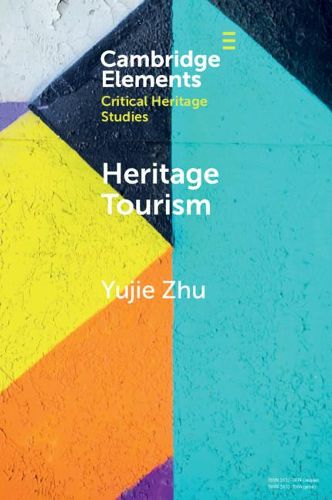Readings Newsletter
Become a Readings Member to make your shopping experience even easier.
Sign in or sign up for free!
You’re not far away from qualifying for FREE standard shipping within Australia
You’ve qualified for FREE standard shipping within Australia
The cart is loading…






As one of the world’s fastest growing industries, heritage tourism is surrounded by political and ethical issues. This research explores the social and political effects and implications of heritage tourism through several pertinent topics. It examines the hegemonic power of heritage tourism and its consequences, the spectre of nationalism and colonialism in heritage-making, particularly for minorities and indigenous peoples, and the paradox of heritage tourism’s role in combating these issues. Drawing from global cases, the study addresses a range of approaches and challenges of empowerment within the context of heritage tourism, including cultural landscapes, intangible heritage and eco-museums. The research argues that heritage tourism has the potential to develop as a form of co-production. It can be used to create a mechanism for community-centred governance that integrates recognition and interpretation and promotes dialogue, equity and diversity.
$9.00 standard shipping within Australia
FREE standard shipping within Australia for orders over $100.00
Express & International shipping calculated at checkout
As one of the world’s fastest growing industries, heritage tourism is surrounded by political and ethical issues. This research explores the social and political effects and implications of heritage tourism through several pertinent topics. It examines the hegemonic power of heritage tourism and its consequences, the spectre of nationalism and colonialism in heritage-making, particularly for minorities and indigenous peoples, and the paradox of heritage tourism’s role in combating these issues. Drawing from global cases, the study addresses a range of approaches and challenges of empowerment within the context of heritage tourism, including cultural landscapes, intangible heritage and eco-museums. The research argues that heritage tourism has the potential to develop as a form of co-production. It can be used to create a mechanism for community-centred governance that integrates recognition and interpretation and promotes dialogue, equity and diversity.